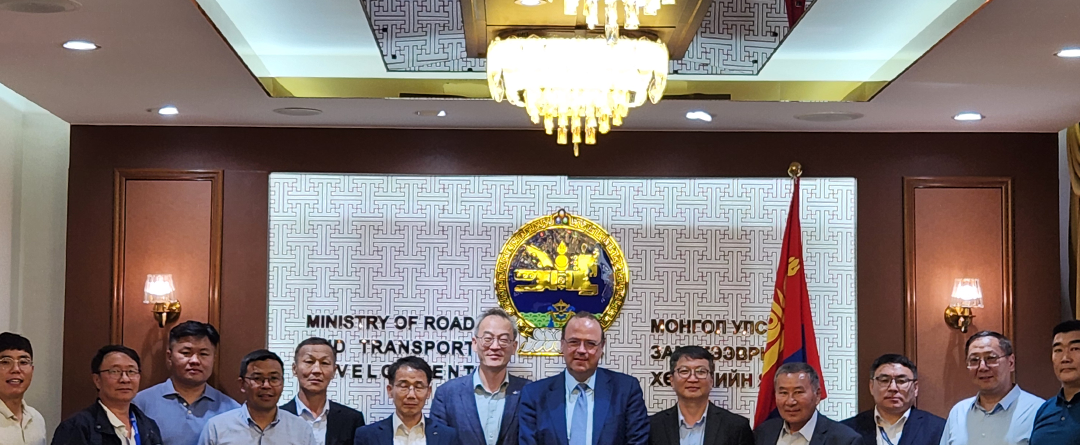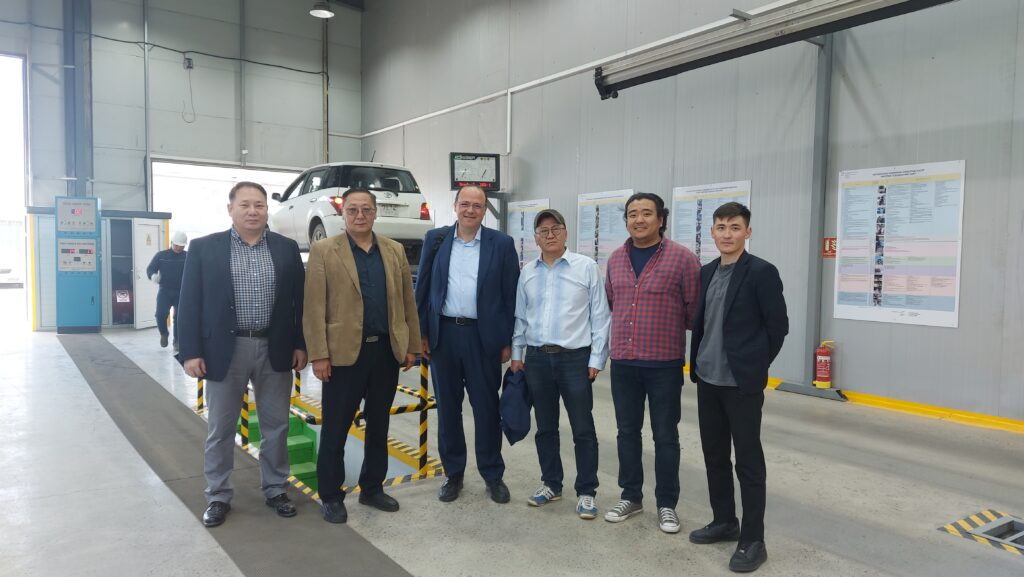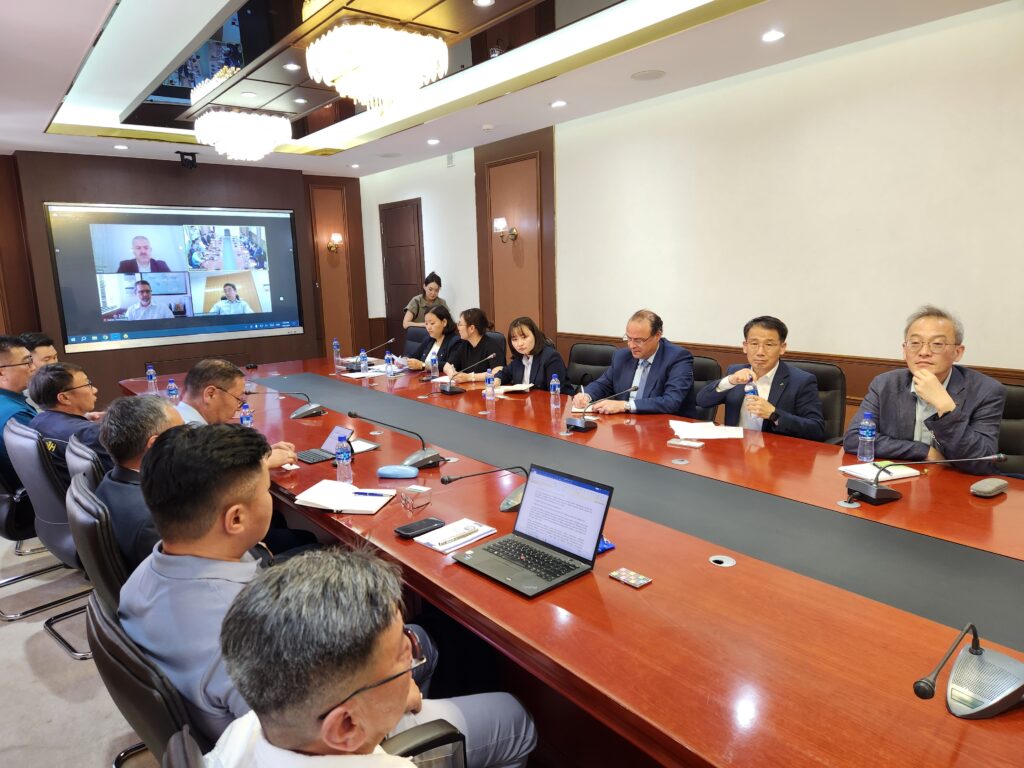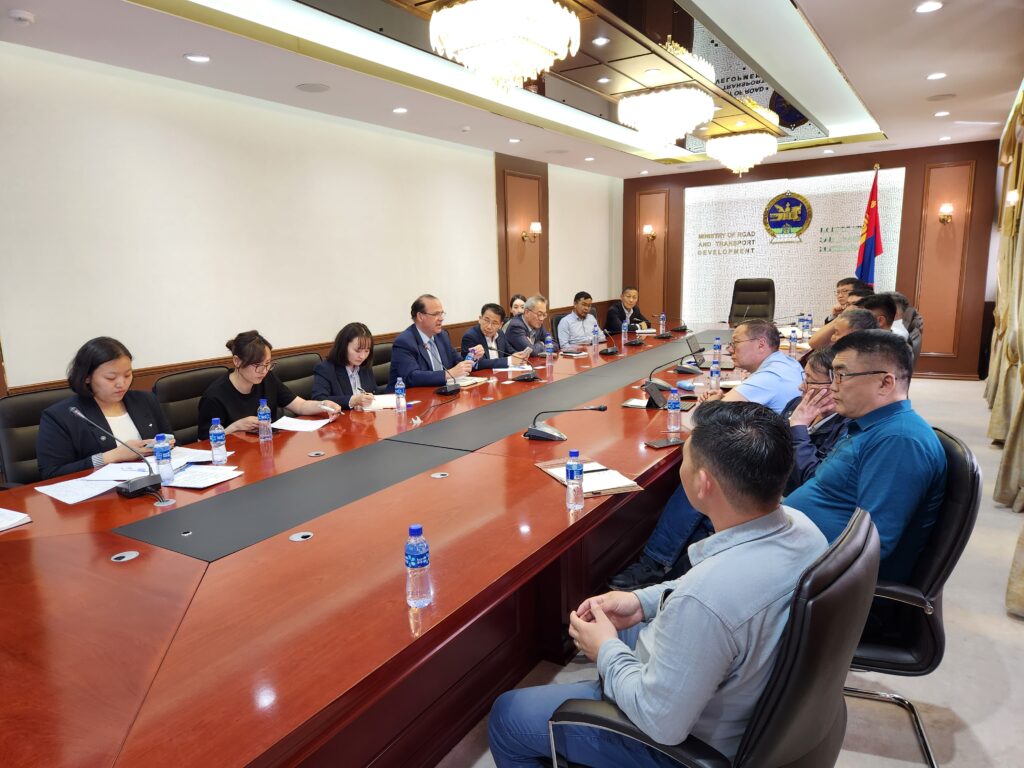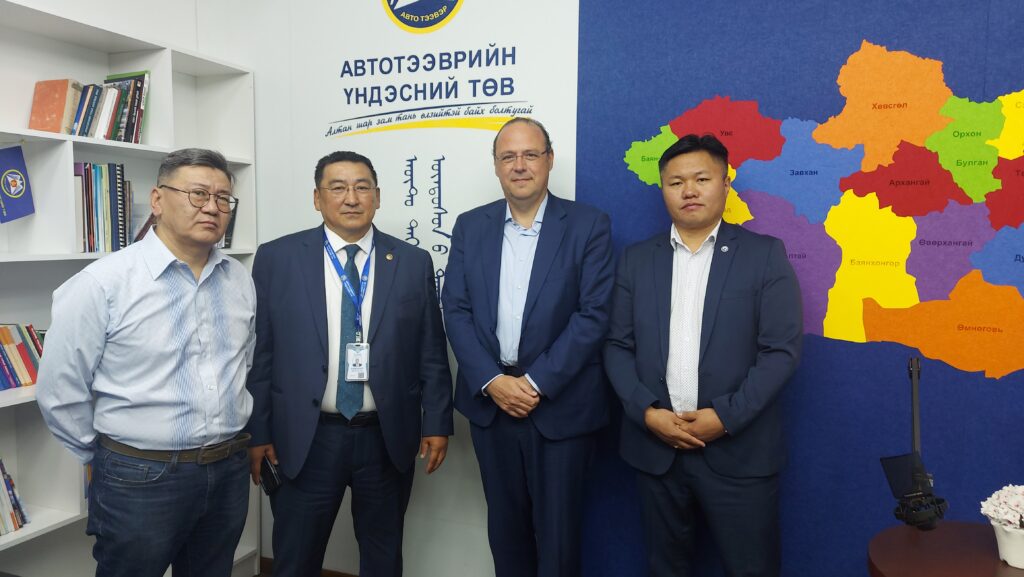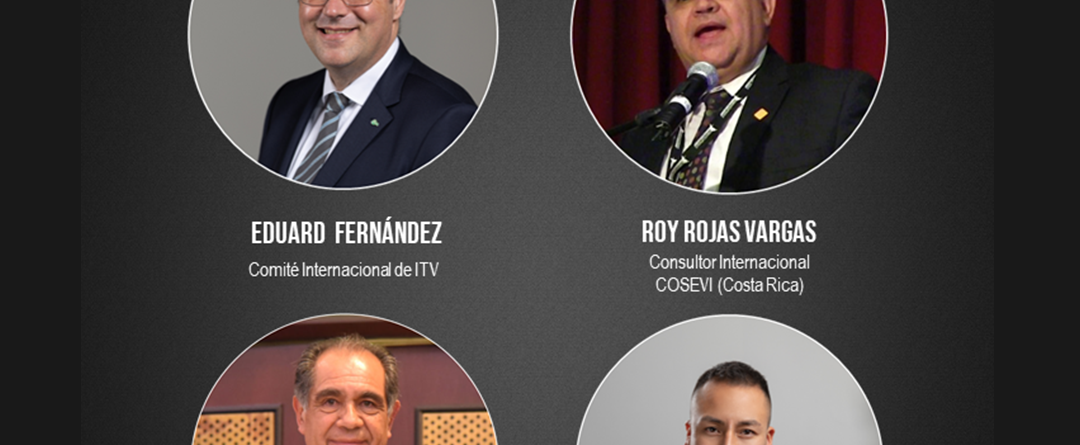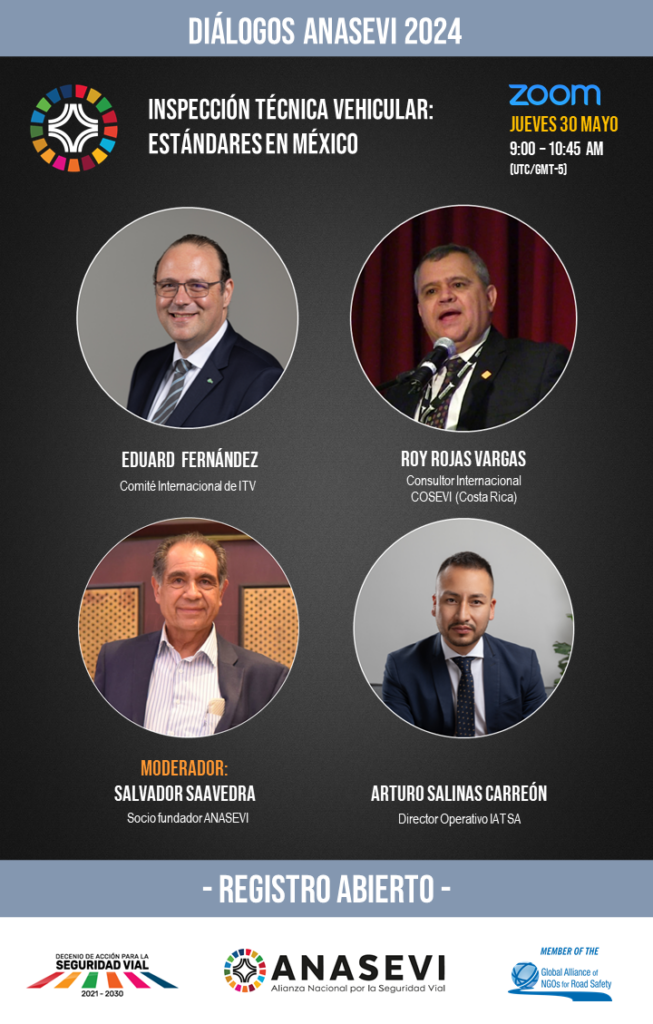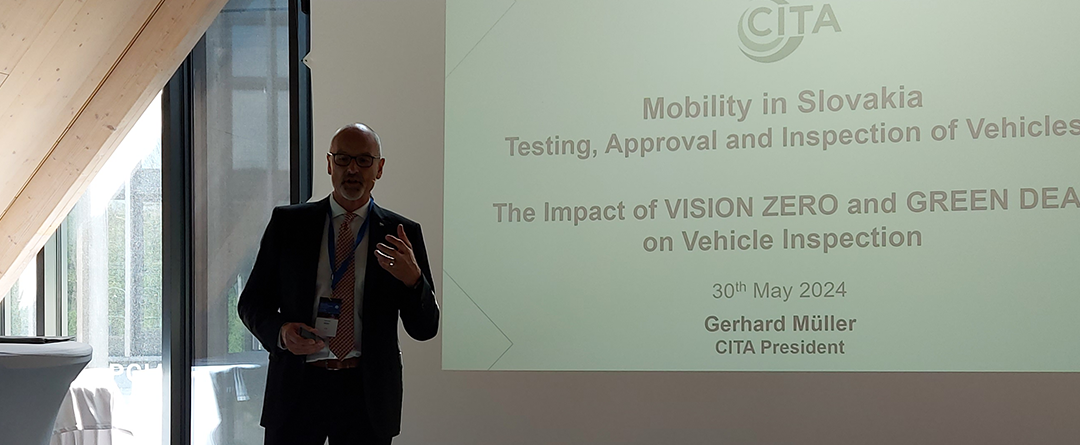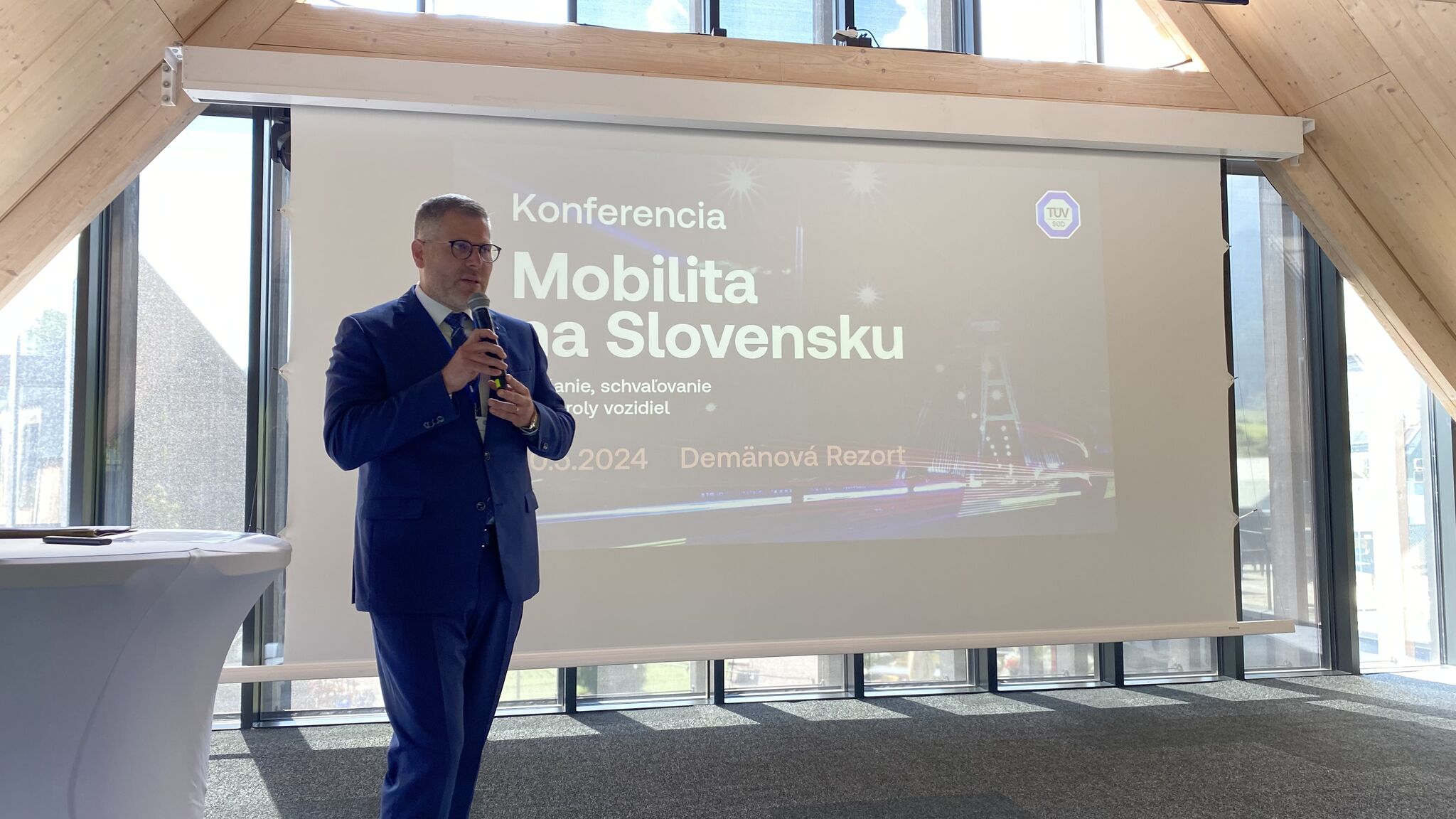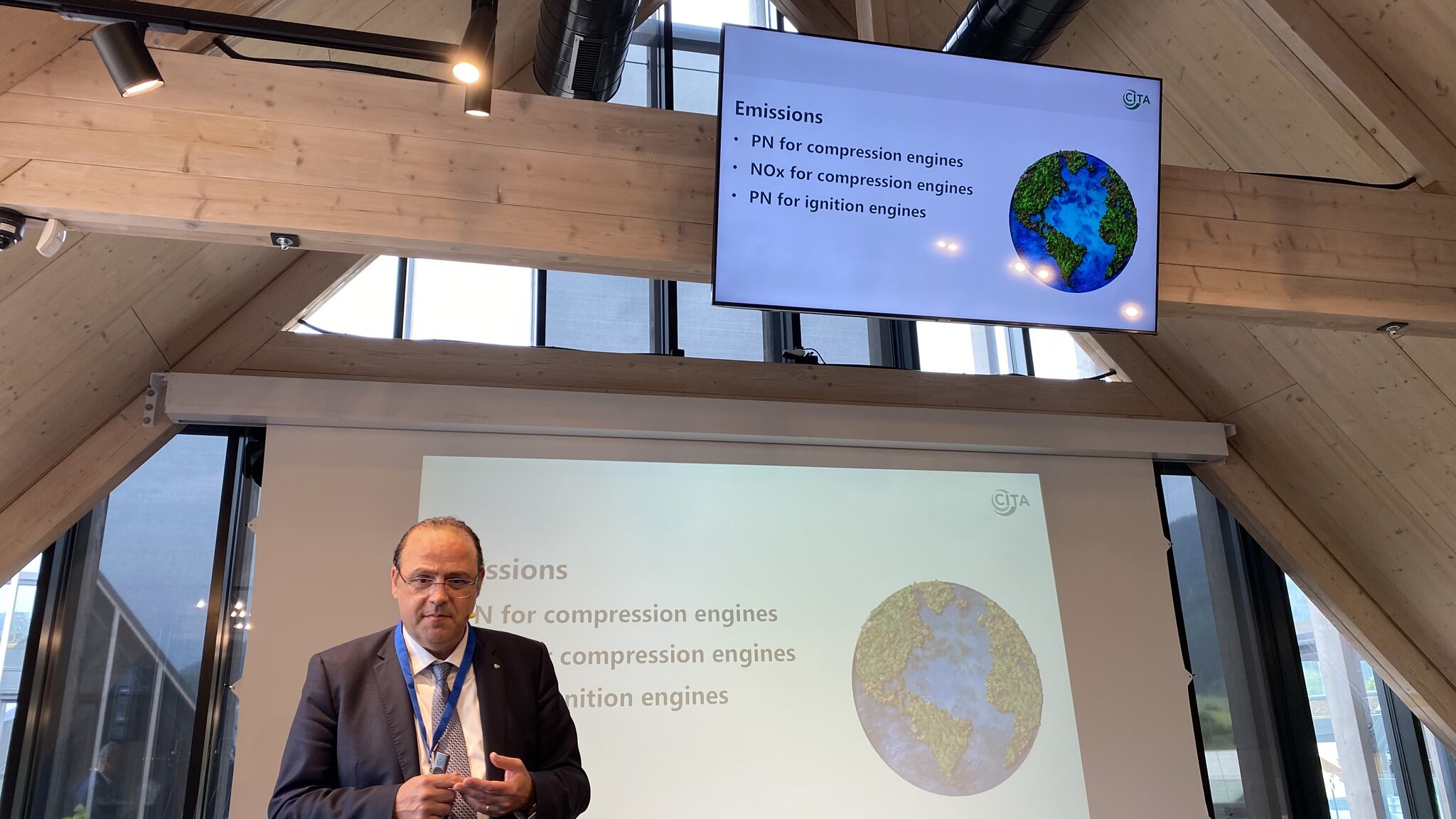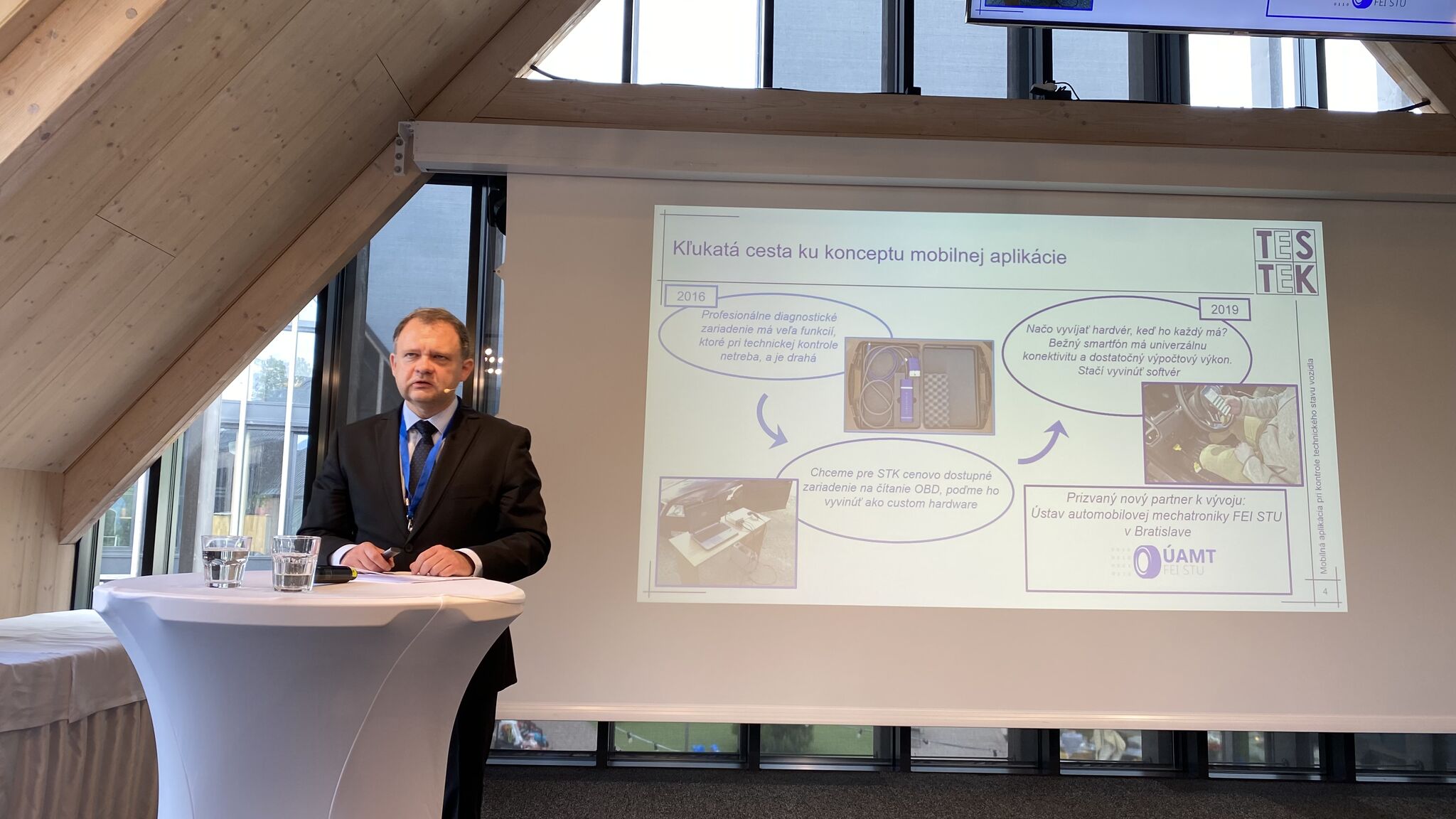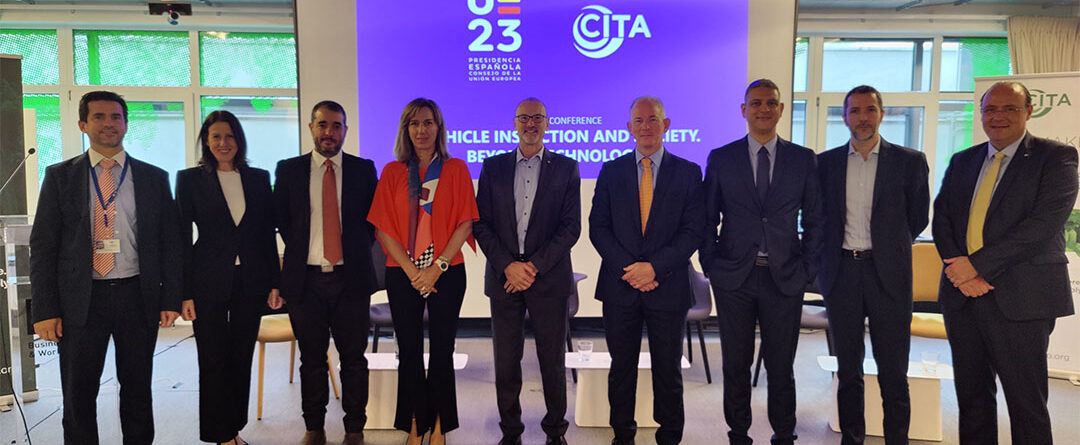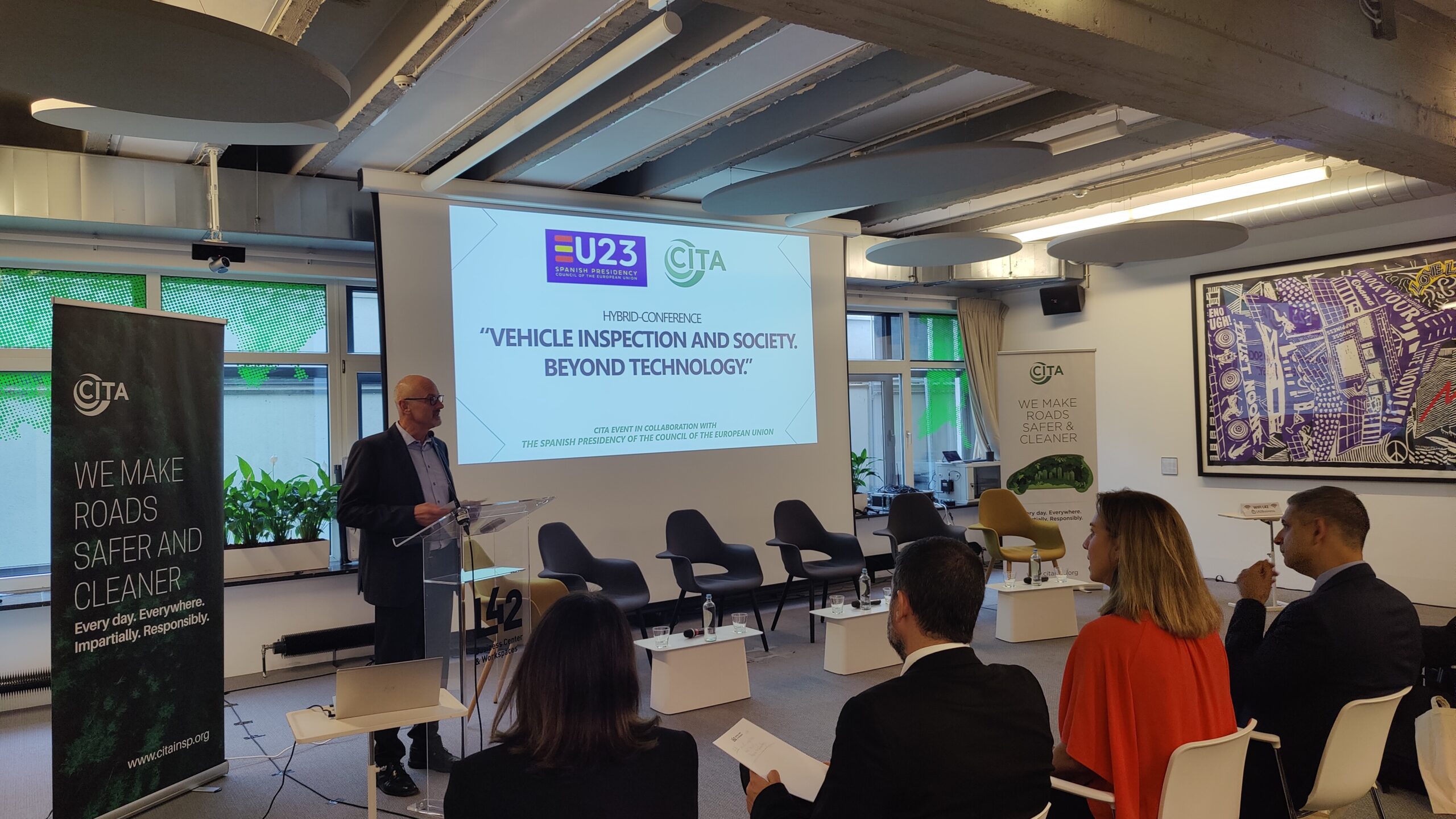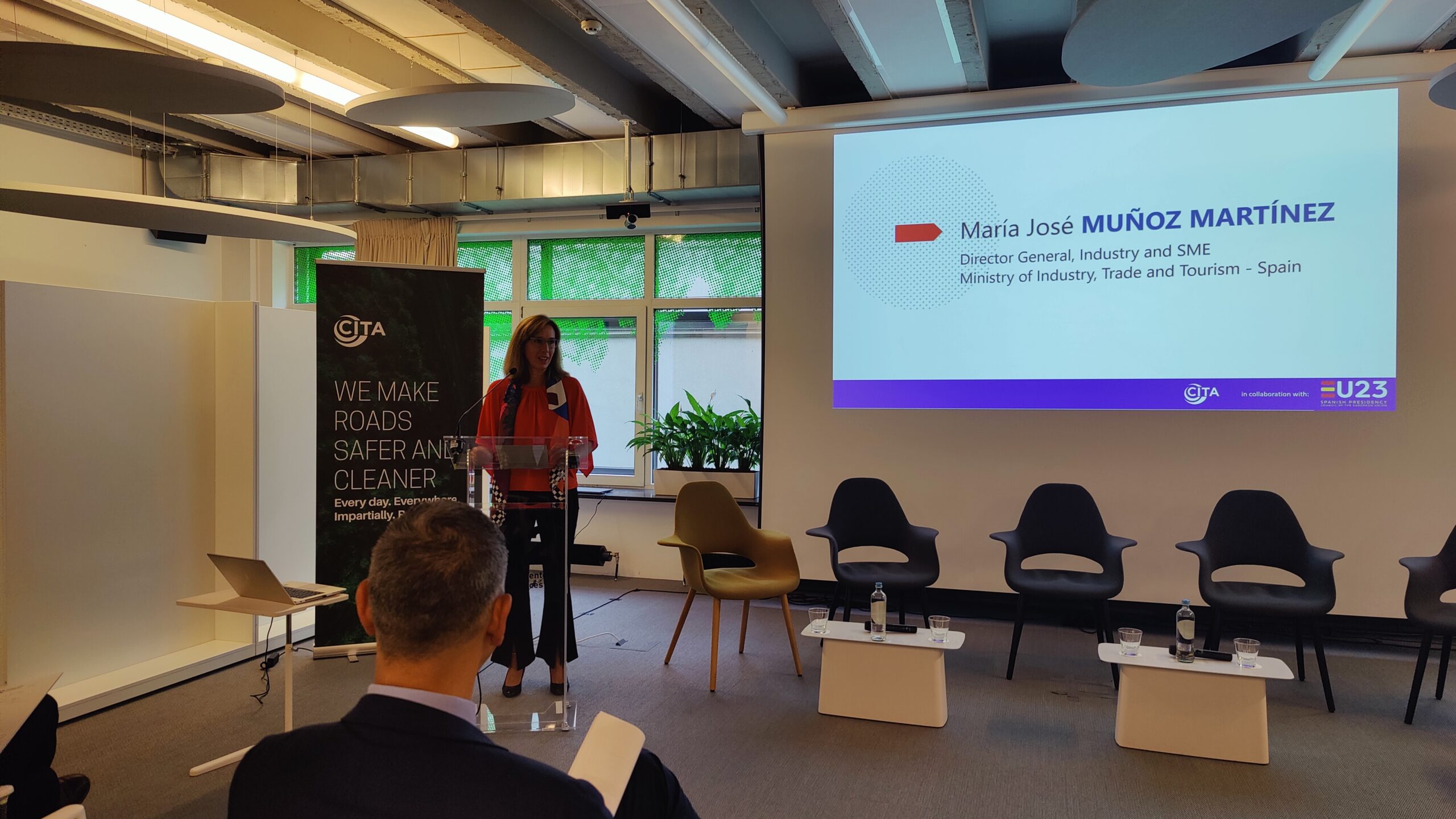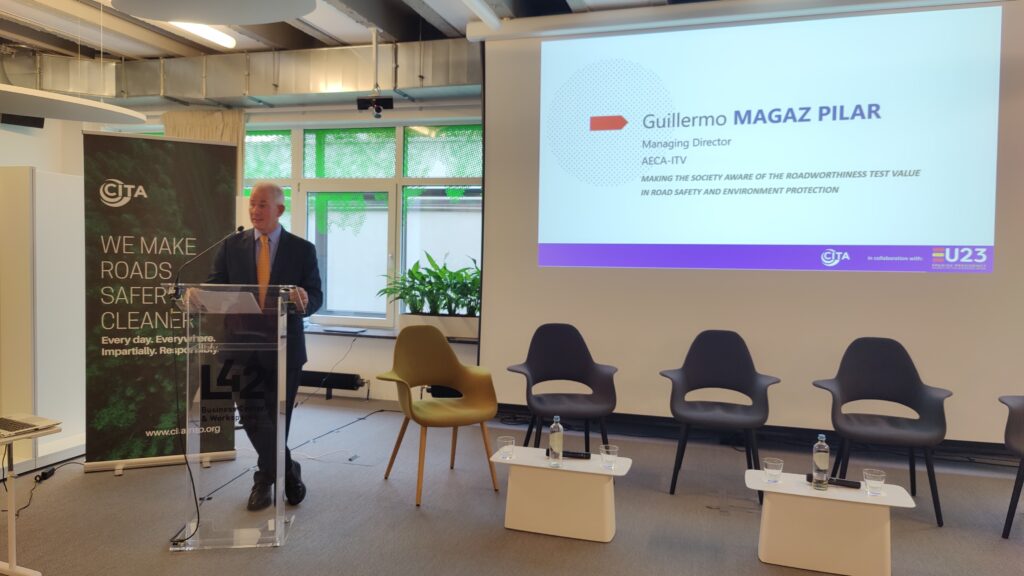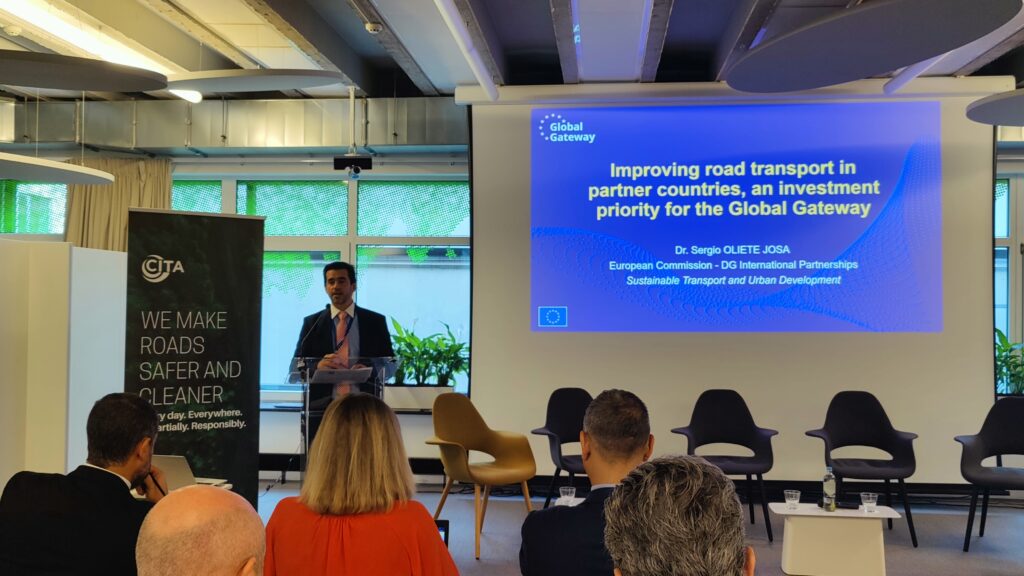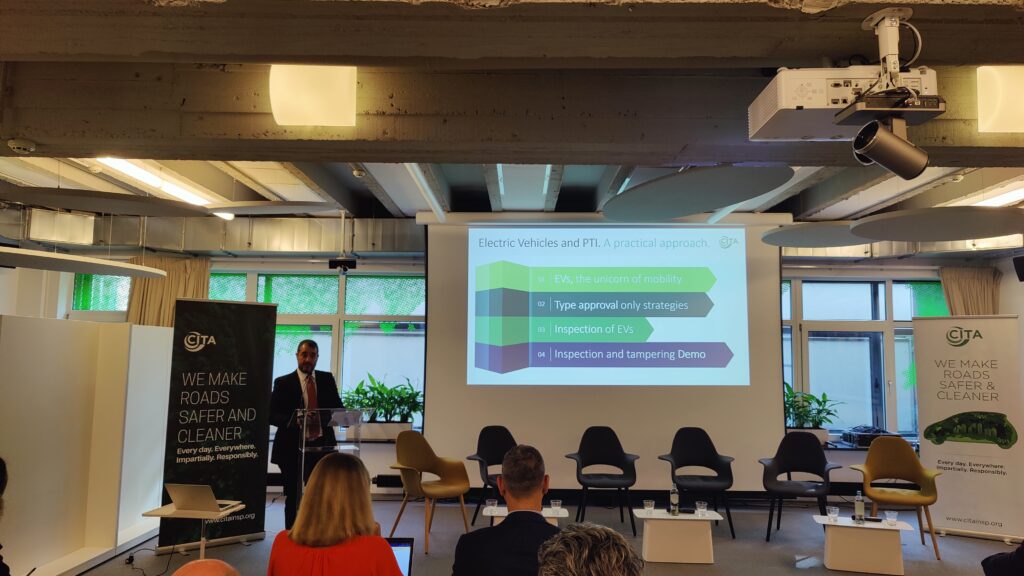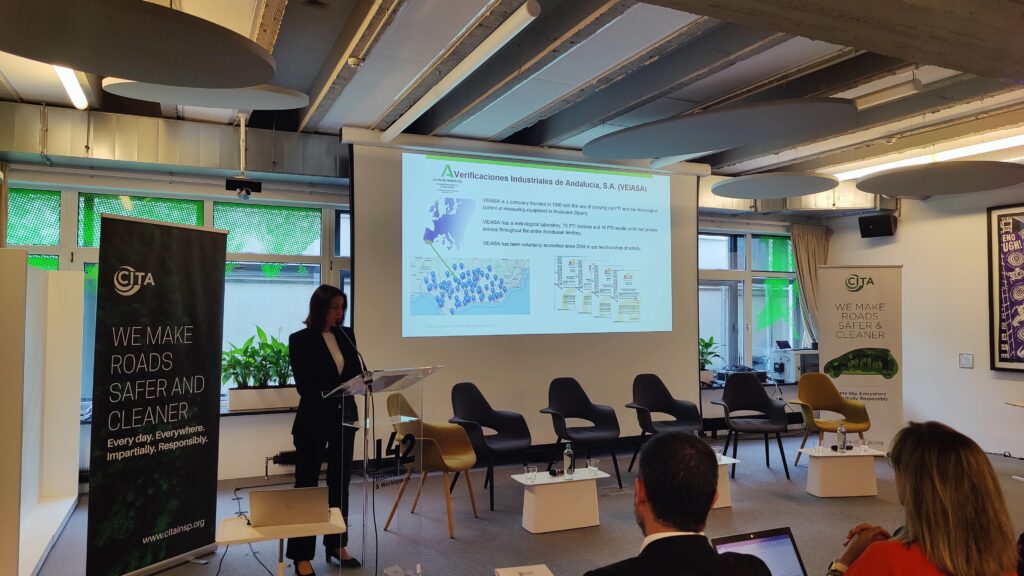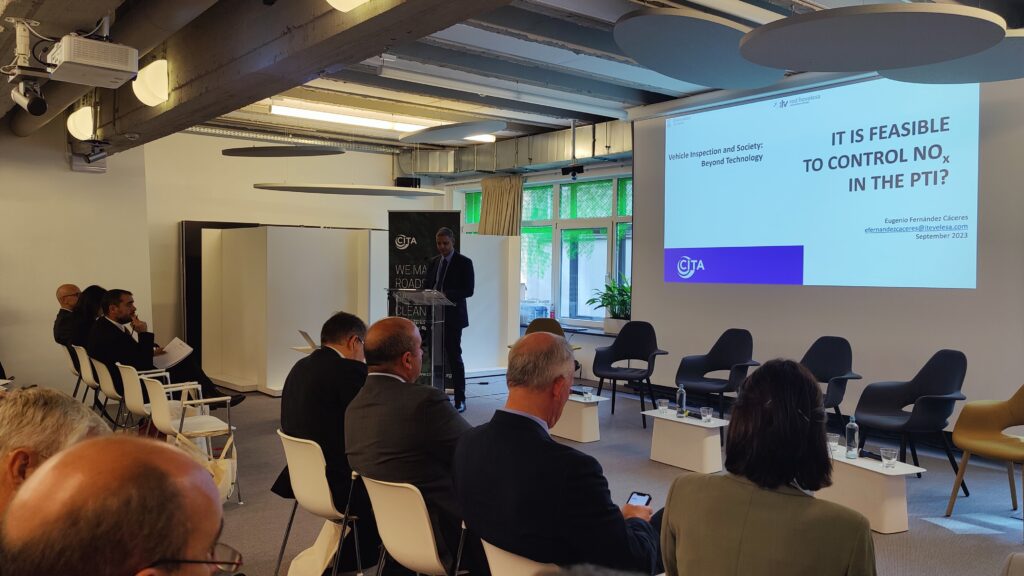Training Courses Highlight the Future of EVs in Africa
The United Nations Economic Commission for Africa (UNECA) and the Global Energy Interconnection Development and Cooperation Organization (GEIDCO) organized a comprehensive series of training courses aimed at fostering the development of electric vehicle (EV) technology and maintenance skills across Africa. This initiative is part of a broader effort to promote sustainable development, industrial growth, and environmental protection on the continent.
The training courses, spanning from June 4th to June 14th, covered a wide range of topics essential for the advancement of EV technology and energy storage systems (EST) in Africa. These sessions were designed to equip African governments, private sector companies, and young entrepreneurs with the knowledge and skills needed to participate effectively in the global EV and EST value chain.
Among the key events was the training session held on June 13th, which featured the contributions from CITA: Entitled "Electric Vehicle Maintenance", the session was conducted by the presentations from Mr. Víctor Salvachúa and Mr. Eduard Fernández, drawing significant attention from various stakeholders involved in the EV industry.
Mr. Salvachúa, leader of the CITA Task Force on Electric Vehicles and head of CITA's Topic Area A, delivered a technical presentation that delved into the realities and challenges of managing electric vehicles from a practical, real-world perspective. His insights were crucial in highlighting the operational hurdles and maintenance issues faced by EVs, providing participants with a thorough understanding of the technical aspects that must be addressed to ensure the efficient functioning and longevity of these vehicles.
Complementing the technical insights, Mr. Fernández, the Executive Director of CITA, offered an institutional presentation. He emphasized the role of CITA in advancing global standards and best practices in vehicle inspection and maintenance, thereby supporting the region's transition towards cleaner and more efficient transportation solutions.



